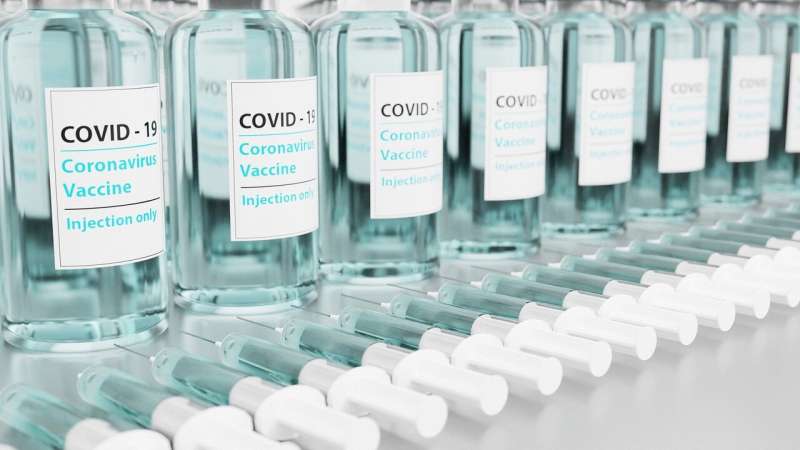
University of Utah Health announces a suspected case of vaccine-induced thrombotic thrombocytopenia (VITT), also called thrombosis and thrombocytopenia syndrome (TTS), after receiving the Johnson & Johnson COVID-19 vaccine. Confirmation of the diagnosis by the U.S. Centers for Disease Control and Prevention (CDC) is pending.
The patient, a male younger than age 50, received the Johnson & Johnson vaccine ten days prior to experiencing symptoms. These included pain that started in his toes and progressed to his thighs. He later developed chest pain.
After arriving at U of U Health, physicians discovered blood clots in his legs and lungs, as well as low platelets, and suspected VITT was the cause. He was provided the recommended treatment immediately. Specialized medical tests were consistent with this diagnosis and the case was reported to VAERS (Vaccine Adverse Event Reporting System), a national system, and discussed directly with the CDC. The patient responded to treatment and was subsequently discharged following recovery. He continues to be monitored closely and is not expected to experience long-term complications. He is believed to be the third male in the U.S. to develop the rare condition.
“It is important to understand that this is an extremely rare event. We are being transparent so that the community can learn about this rare syndrome and learn to recognize it sooner,” says the specialist who treated the patient, U of U Health hematologist Yazan Abou-Ismail, MD. “At the same time, given the extreme rarity of this side effect, we continue to recommend the COVID-19 vaccines. They are of great benefit in battling this pandemic. The dangers of COVID-19 outweigh potential risks from the Johnson & Johnson vaccine.”
Out of the more than eight million doses of Johnson & Johnson vaccine that have been administered in the U.S., the CDC has reported 17 confirmed cases of VITT. Most cases have been in women under the age of 50. The Pfizer/BioNTech and Moderna vaccines do not have the same risk.
The pause in distributing the vaccine that occurred in April, 2021, allowed the CDC to provide information to health care providers nationwide so they could recognize the rare condition and provide the appropriate treatment.
People who receive the Johnson & Johnson vaccine should be aware of the symptoms of VITT/TTS. They include:
- shortness of breath,
- chest pain,
- leg swelling,
- persistent abdominal pain,
- severe or persistent headaches or blurred vision, or
- easy bruising or tiny blood spots under the skin beyond the site of the injection.
Source: Read Full Article